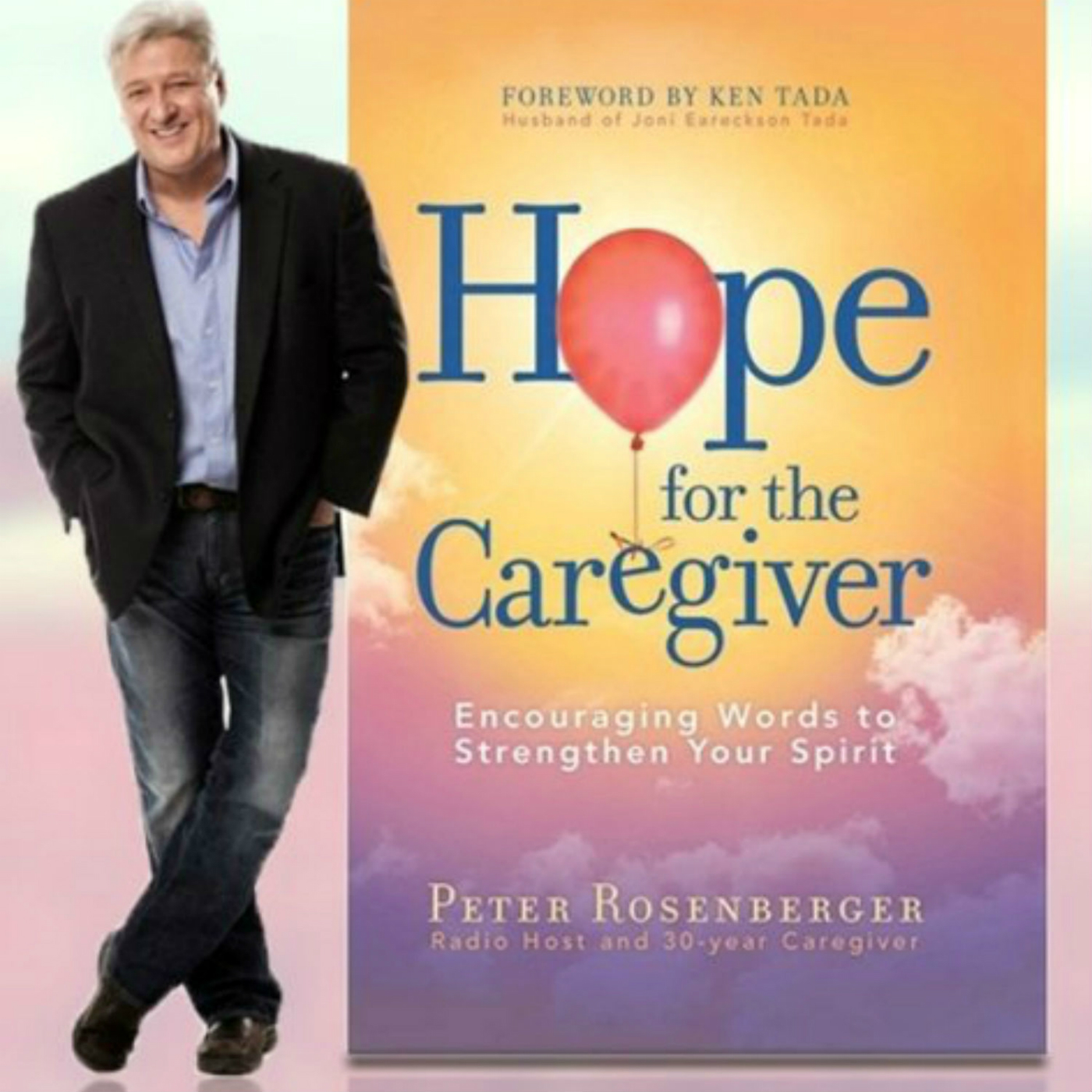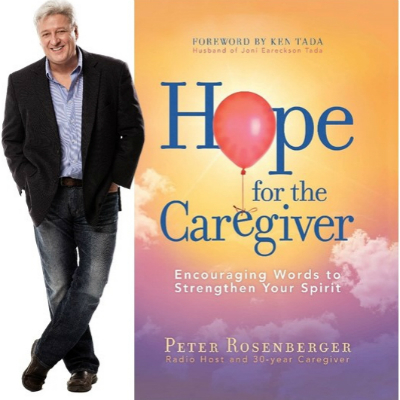Episodes
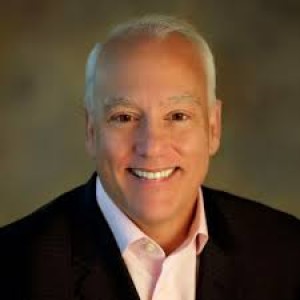
Tuesday Feb 11, 2020
Tuesday Feb 11, 2020
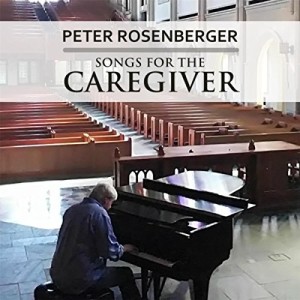
Monday Feb 03, 2020
I Can Only Hold You Now
Monday Feb 03, 2020
Monday Feb 03, 2020
Sitting at the piano, I played a simple seven note melody. Stewing around with it for a while, I knew I wanted to write a song to describe the heart of a caregiver. Playing with it bit more, I kept coming back to that simple melody. After a while, I reached out to a friend and veteran songwriter, Buddy Mondlock, and we wrote this song together.
There's a lyric in this that sums it for so many of us caregivers:
"I know there will be sorrow. We'll face that somehow. But my hands can't hold tomorrow ...I can only hold you now."
Gracie asked to sing it, but she also expressed a great deal of nervousness about performing it in the studio. Asking her why, she replied with tears in her eyes, "This is an important song to you, and I wanted to get it right."
She did.
We hope you enjoy this bonus content from our podcast.
You can listen to this song on all streaming platforms or get it on Amazon or Itunes.
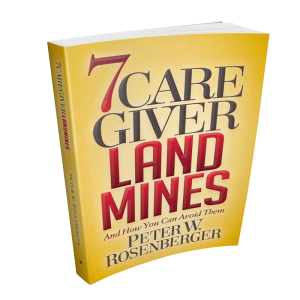
Thursday Jan 30, 2020
Caller Says "God is Her Doctor."
Thursday Jan 30, 2020
Thursday Jan 30, 2020
One of the 7 Caregiver Landmines is Ignoring Personal Health Needs, and more than 70% of caregivers fail to see their own physicians.
While most caregivers offer excuses such as money or time, this caller stated she didn't need to because, "God is her doctor."
Take a listen to how the conversation went ...and how the caller swerved into yet another landmine. Here are the 7 Landmines ...guess which ones she admittedly hit in this short call.
- Ignoring Personal Health Needs
- Isolation
- Excessive Weight Gain
- Loss of Identity
- Guilt
- Fear
- It's All Up To Me


Tuesday Jan 28, 2020
THE Solution to Caregivers' Legal Needs
Tuesday Jan 28, 2020
Tuesday Jan 28, 2020
Living Wills, Power of Attorney, Wills, Traffic Tickets, Business Disputes, Filing for Disability ...the list is endless for things that require the skills of an attorney.
As a caregiver, can you afford to pay for those services?
Can you afford to deal with them alone?
On this clip from the show, I discuss an affordable solution that I've been using for nearly eight years. Just recently, this solution REALLY came to my rescue.
For less than the price of a combo meal each week ...you, as a caregiver, can have access to a full legal team to help handle the crazy and overwhelming things slamming into you on a regular basis.
I tested it on myself first ...and guess what? It's one of the best decisions I've ever made.
Go to CaregiverLegal.com for more!
Isn't it about time someone was advocating for YOU? Click on the link ...and sign up today!

Sunday Jan 26, 2020
A Conversation With Singer/Songwriter (and caregiver) Gary Chapman
Sunday Jan 26, 2020
Sunday Jan 26, 2020
One of my all time favorite songwriters is Gary Chapman. Whenever I hear his songs, I have to stop and listen ...and they continue to stir my heart. Especially TREASURE.
Gary is also a caregiver...on several levels.
As Gary reflects in this interview, the journey he had with his father through Parkinson's and other issues helped prepare him for his little girl's recent brain surgery to remove a tumor.
Gary writes the way he does ...because he's willing to be vulnerable about his fears, failures, and faith. It's always a privilege when he calls the show, and he leaves me better than he found me. I made him promise to call again in the Spring for a longer conversation!
https://www.facebook.com/ahymnaweek/
https://www.facebook.com/garychapmanmusic/
Sponsored by:

Thursday Jan 23, 2020
"If You've Got Your Hair and Your Teeth ...You're Alright!"
Thursday Jan 23, 2020
Thursday Jan 23, 2020
Back in the 1970's, a friend of mine in the music business worked with legendary artist, James Brown. Years later, my friend encountered the soul singer again and remarked, "You haven't changed in 25 years!
With a huge smile, James Brown responded, "If You've Got Your Hair and Your Teeth ...You're Alright!"
While our hair supply (or lack thereof) may be genetic, we can, however, address the needs of our teeth. Recently visiting my dentist, I had an interesting conversation with the hygienist.
Well, actually she talked ...I sounded a lot like, "Mmmdfh, Dpohhs, OPPPD!"
As caregivers, we should never underestimate the importance of visiting the dentist for regular cleaning. That one act can help us in a myriad of ways, and as caregivers ...I think it's safe to say that we need all the help we can get!
 Enjoy John (the count of Mighty Disco) and me discussing this often overlook but critically important issue for family caregivers.
Enjoy John (the count of Mighty Disco) and me discussing this often overlook but critically important issue for family caregivers.
Sponsored by:

Wednesday Jan 22, 2020
"This is all my hope and peace..." (Bonus Material for Podcast Followers)
Wednesday Jan 22, 2020
Wednesday Jan 22, 2020
When producing my CD, Songs for the Caregiver, I knew this song, What Can Wash Away My Sin, needed to be included.
Gracie recorded this in our kitchen. Our longtime friend from college (and Grammy winning music engineer) Chris Latham came to the house and set up microphones at our piano and ran a line into the kitchen where Gracie sat in her wheelchair. We were all a bit nervous for her, because of the numerous times she's been intubated following a series of surgeries.
During those surgeries, she nearly died several times and we feared the worst ...and no one thought she'd sing again.
She recorded this LIVE to track. That means, no do-overs, no punches, no inserts.
Without her prosthetic legs on, she sat in her wheelchair with our dog, Mack beside her, and sang this from the heart.
It was all I could do ...to keep playing while at the piano. Chris and I looked at each other afterwards, and with tears coming down his face, he said, "Those who can ...do."
Gracie's talent, and more importantly ...her conviction, equipped her to soar above her challenges and sing this song in such a powerful way.
I included this performance on the CD, SONGS FOR THE CAREGIVER (Which you can stream or download at all music sites) ...because I felt the message of this hymn would resonate deeply with fellow caregivers.
When the craziness, trauma, and grief floods over us, we steady ourselves by anchoring our hearts and minds into the reality of what Christ's sacrifice means ...and has accomplished for us.
| What can wash away my sin? Nothing but the blood of Jesus; What can make me whole again? Nothing but the blood of Jesus. |
|
| Oh! precious is the flow That makes me white as snow; No other fount I know, Nothing but the blood of Jesus. |
This is all my hope and peace—
Nothing but the blood of Jesus!
This is all my righteousness—
Nothing but the blood of Jesus!
Sponsored by:

